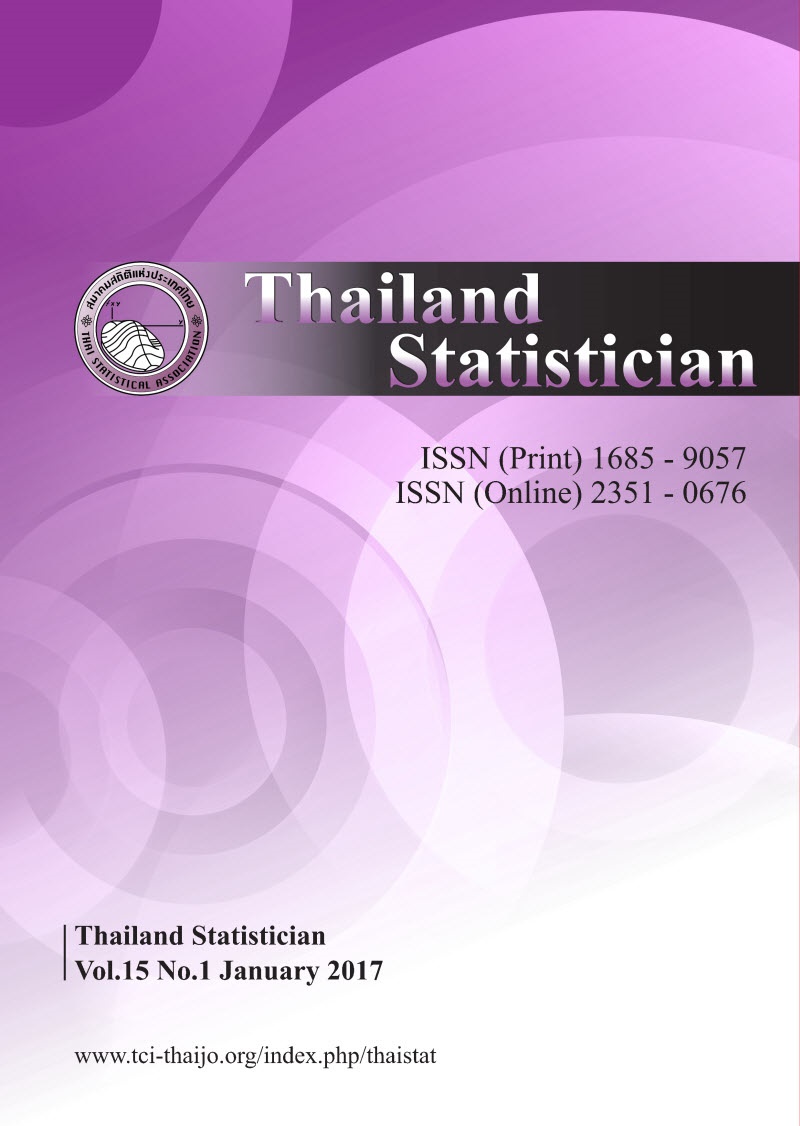Likelihood-Based Finite Sample Inference for Synthetic Data Based on Exponential Model
Keywords:
Exponential distribution, Maximum likelihood estimator, Plug-in sampling, Posterior predictive sampling, Statistical disclosure control, Synthetic data, Uniformly minimum variance unbiased estimatorAbstract
Likelihood-based finite sample inference based on synthetic data under the exponential model is developed in this paper. Two distinct synthetic data generation scenarios are considered, one based on posterior predictive sampling, and the other based on plug-in sampling. It is demonstrated that valid inference can be drawn in both scenarios, even for a singly imputed synthetic dataset. The usual combination rules for drawing inference under multiple synthetic datasets are discussed in the context of likelihood-based data analysis.Downloads
How to Cite
Klein, M., & Sinha, B. (2015). Likelihood-Based Finite Sample Inference for Synthetic Data Based on Exponential Model. Thailand Statistician, 13(1), 33–47. retrieved from https://ph02.tci-thaijo.org/index.php/thaistat/article/view/34183
Issue
Section
Articles




